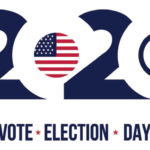
China Threatens the World Today
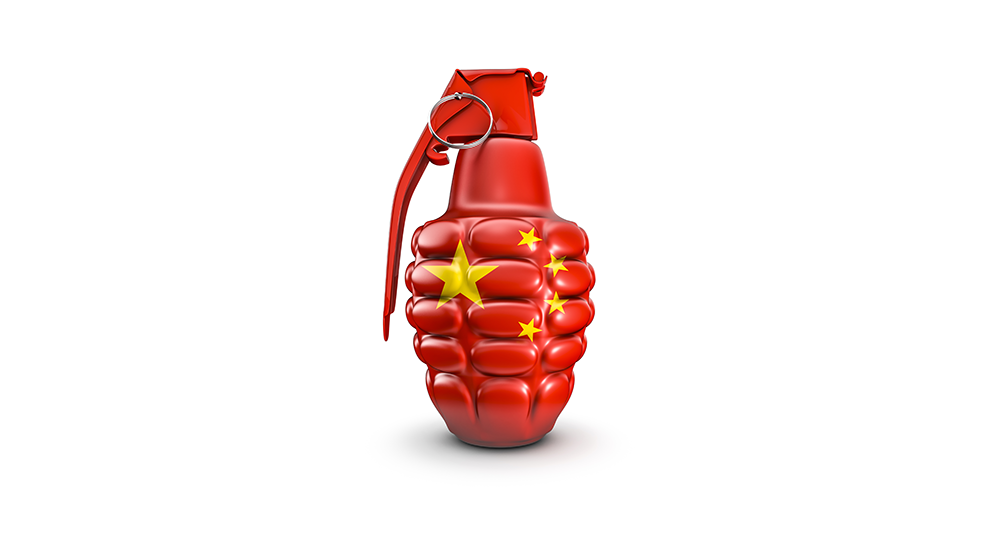
China has been a looming geo-political threat for years, but are they still looming or have they become a clear and present threat? The complexities come in the nature of the current and recent actions taken by the Asian power, on the economic, military, technological, and human rights fronts. Each of these fronts require their own analysis and coordinated responses. First, however, it is important to understand the nature of the Chinese approach toward the United States, The West, and the lead up through recent history to today.
When speaking about China in the modern sense, one must begin with the turbulent days leading up to and including World War II. Specifically, it is important to look at the relationships between Mao Zedong and Xiang Kai Shek. Mao, leader of the Chinese Communist Party, and Xiang the leader of the Republic of China fought for supremacy during the Chinese Civil War of the thirties and forties. In 1949, Mao won the Civil War, instituting the Chinese Communist Party (CCP) as the ruling party within China, a status which exists to this day. Mao himself was placed as the head of the CCP. Xiang and his Republic fled mainland China to the island of Formosa, later renamed Taiwan.
In the post-Civil War years, China continued its purge of any potential threats: educators, writers, thinkers, engineers all took their turn in the cross hairs of destruction. Mao’s famous five year plans were nominally approaches toward the modernization of industry, but primarily focused on the centralization of power, concentration of wealth, and the stamping out of dissent. Far from being an approach relegated to the history books, China still navigates five-year plans, currently in the end stages of the Thirteenth (Five Year) Plan.
The CCP finds no cognitive dissonance between its rhetoric and actions. The Thirteenth Plan has such planks as “Everyone is an entrepreneur” and “Economy Needs Rule of Law”. These planks, however, are in stark contrast to the policies being enacted by the current “paramount leader” of China, Xi Jinping, and his government.
Human Rights
Everyone may be an “entrepreneur”, but everyone is not allowed to pursue the fruits of their labor. Disturbing reports have been coming from China detailing the national crack down and dehumanization of the religious sect known as the Uighurs. It is laughable to claim “everyone is an entrepreneur” while millions are held in virtual house arrest within ghettos. Most recently, video has emerged of the forced relocation of Uighurs to re-education and labor camps.
Economy
Hong Kong, the economic jewel of Southeast Asia, was handed over to China by the British in 1997. Under the transition plans, China would adhere to the “one nation, two systems” approach for the next fifty years (through 2047). Under this plan, the rights and freedom enjoyed by the citizens of Hong Kong would persist. Unfortunately, deals with the CCP are not as long lasting as one would hope. Over the last few years, Xi and the Chinese government has methodically tightened its grip on the citizens of Hong Kong, limiting freedom of movement, assembly, and speech. This past year, Hong Kong has been the epicenter in the struggle for freedom and individual liberties, and witness to the longest enduring pro-democracy movement within China since the Tiananmen Square protests in 1989. The CCP has responded with laws, codifying the totalitarian crackdown on the once free city of Hong Kong. Under this law, dozens if not hundreds of people have been jailed as insurrectionists. This past week, the pro-democracy media publisher, Jimmy Lai, along with his sons and several members of Lai’s executive team, were imprisoned (Washington Post). So much for “Economy Needs Rule of Law”. What was left off is “Economy Needs Rule of Law [, but only the laws the CCP feels are appropriate].
Military
Militarily, the CCP has been provocative and belligerent in the South China Sea, one of the most highly lucrative economic navigation lanes on the planet. A chain of militarized, artificial islands has been erected in the middle of this economically critical zone (The Diplomat). Known as the “nine-dash line” claim, China has increasingly referred to the areas surrounding these artificial islands, as well as the waters between the mainland and the outposts, as territorial extensions of the Chinese land. This draws China into direct conflict with the Philippines, Malaysia, Vietnam, Brunei, and Taiwan. Additionally, China is leveraging these islands to limit international navigation rights through these waters. An armed chain of artificial, Chinese islands in the middle of the South China Sea dramatically shifts the military power balance in the Pacific, Southeast Asia, as well as the entire international community.
Technology
Lastly, technologically China has waged an ongoing cyber war on the world, and most specifically on the United States. Targeting private industry, diplomatic channels, and even critical infrastructure, China has attacked the states of the world, stolen intellectual property, and sabotaged countless digital efforts throughout the world. Huawei (Forbes), the friendly face of the Chinese Militarily cyber-intelligence community, has been implicated on numerous malware insertions into consumer devices, funneling data directly to the Chinese government. Not scared? Think for a second of the technology crossroads. Your smartphone is with you when you wake up, while you talk to your family, while you go to the bank. The phone is often times the device you use to video conference with your family, do your online bill payments, order your prescriptions. With consumer device data breaches, you expose everyone’s face invalidating facial recognition security, you expose everyone’s voice invalidating voice authentication, your personal information, and even your health conditions. Huawei has created a device where everyone can effectively have their own personal spy telling China everything about you… and best of all, you paid for it.
China’s goal is neither secret nor complicated: China seeks to dominate and control the international community… economically, militarily, philosophically. China’s record over the past hundred years is equally clear: a totalitarian regime focused on the crushing of internal dissent and international competition. Placing the party first, China seeks to undermine the international stability to foist the Chinese Communist Party upon the nations of the world. China is not the threat of tomorrow… China is the threat of today.



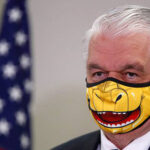
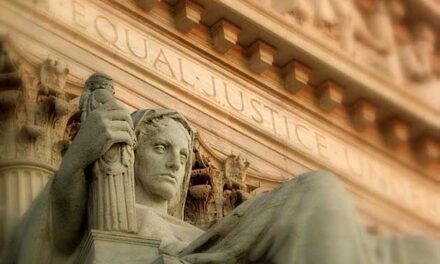
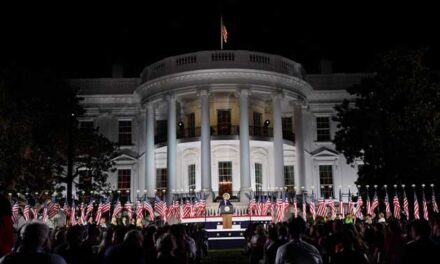
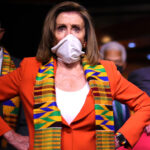
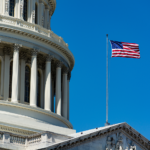

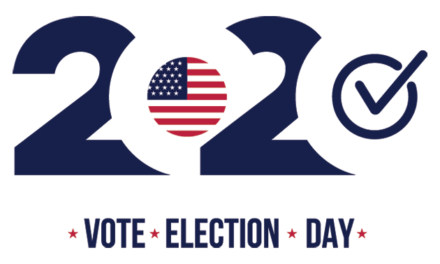

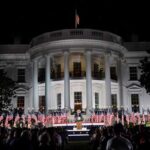

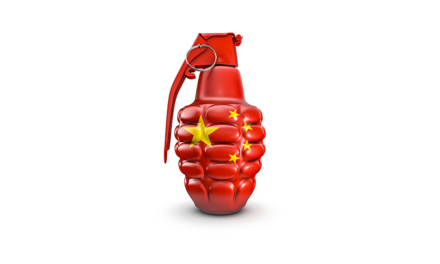


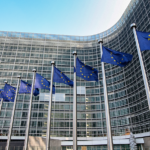
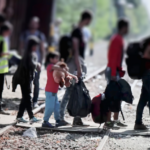

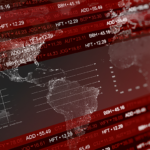
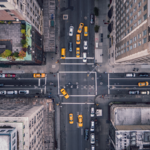



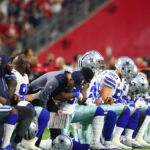





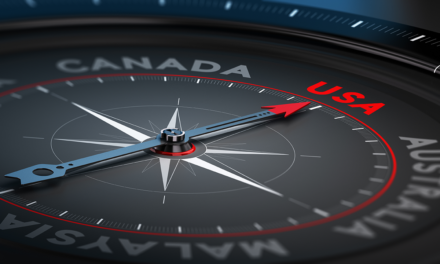
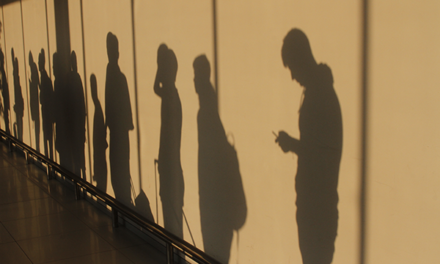
Recent Comments